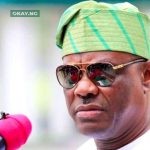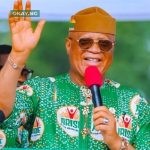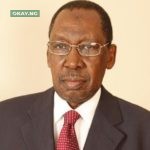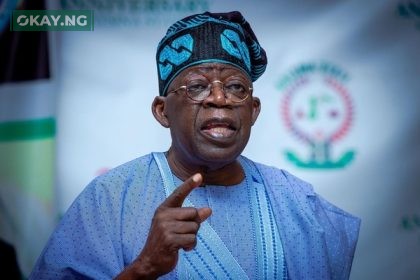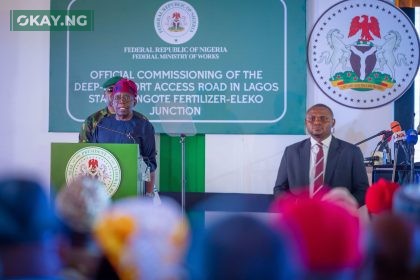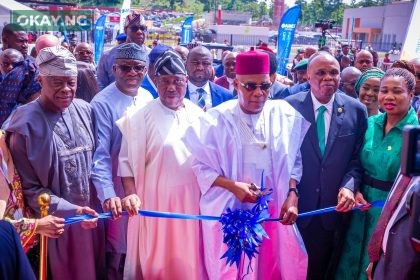Recent data from the Central Bank of Nigeria (CBN) reveals a significant decrease in the nation’s debt servicing expenditure, dropping from $540 million in January to $276 million in February. This 48.89% reduction comes as the Federal Government intensifies efforts to restructure its debt portfolio, bolster dollar liquidity, and ease pressure on the foreign exchange market.
However, the First Deputy Managing Director of the International Monetary Fund (IMF), Gita Gopinath, offers a contrasting perspective, stating that Nigeria’s debt has not yet reached a crisis point. This assessment, while seemingly positive, warrants closer examination, especially considering the nation’s proximity to the World Bank’s threshold for developing countries’ debt sustainability.
The decline in debt servicing occurs alongside a notable increase in the country’s Letters of Credit, potentially indicating heightened trade financing activities. This juxtaposition highlights the complex interplay of factors influencing Nigeria’s financial landscape.
It is crucial to acknowledge the ongoing economic challenges faced by Nigerians. As the CBN focuses on stabilising the naira, the persistent low value of the currency continues to impact essential goods and services, including fuel prices, electricity tariffs, and transportation fares, all amidst stagnant salaries. As one Nigerian put it, “It feels like we are constantly running just to stand still. The cost of everything keeps going up, and it’s getting harder to make ends meet.”
Recent data from the Debt Management Office (DMO) paints a concerning picture. Nigeria now allocates a staggering 69% of its resources to debt servicing, a significant increase from the 3.58% recorded in the first half of 2023. This escalating commitment underscores the growing burden of debt obligations on the nation’s fiscal health.
Also Read: Nigeria’s Debt: DMO Insists Actual Figure is N87.38 Trillion
While increased oil production offers a glimmer of hope, the current output remains insufficient to comfortably meet the country’s loan obligations. This situation underscores the delicate balance Nigeria must strike between managing its debt and investing in crucial sectors for sustainable growth.
Despite the IMF’s assessment that Nigeria’s debt, at 52.8% of GDP, remains within a “comfort zone,” concerns persist among economic experts. The World Bank’s threshold of 55% for developing countries signals a potential danger zone, and Nigeria is edging perilously close.
The IMF’s positive rating, while offering some reassurance, is not an invitation for complacency. Gopinath cautioned against further debt accumulation, emphasising the need for prudent fiscal management. While acknowledging the success of the Federal Government’s reform programs in attracting foreign direct investment, the IMF also highlighted the significant social cost, estimating that close to 100 million Nigerians have been pushed below the poverty line. Other assessments suggest this figure could be as high as 140 million.
The IMF attributes this dire poverty situation to the absence of a robust social security system, leaving vulnerable populations without a safety net during economic hardship. This underscores the critical need for comprehensive social protection programs to mitigate the adverse effects of economic reforms and ensure a more inclusive and equitable society.
Nigeria stands at a critical juncture. While the recent decline in debt servicing offers a temporary respite, the nation must address the underlying challenges of its debt burden and implement sustainable economic policies that prioritise both fiscal responsibility and the well-being of its citizens. The path forward requires a delicate balancing act, navigating complex economic realities while ensuring that the benefits of growth are shared by all.




